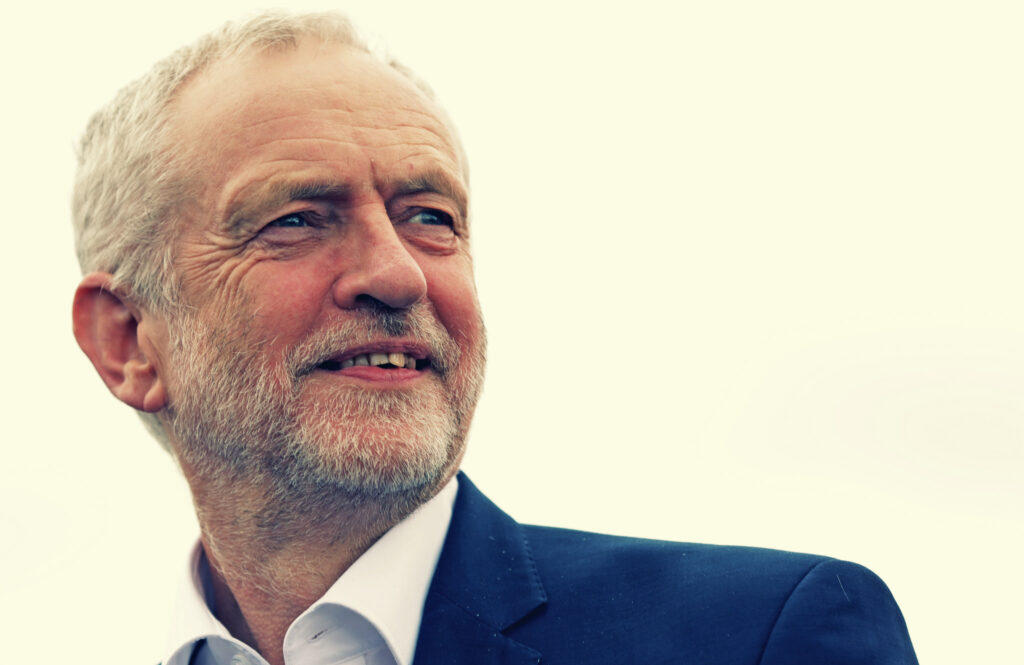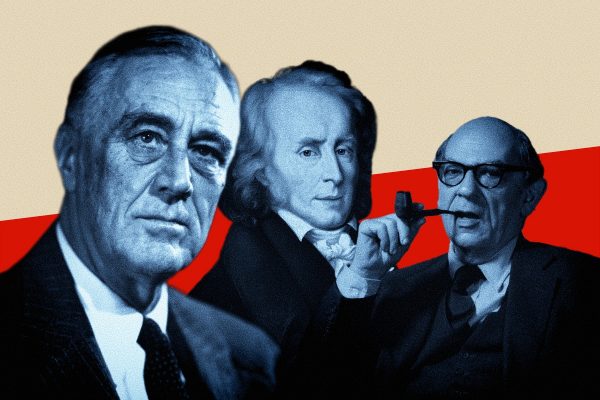As I write on the morning of Friday, 9 June, 2017, the United Kingdom is waking up from one of the most remarkable nights in its political history. Prime Minister Theresa May had called an unexpected snap general election while twenty points ahead in the polls, seeing her chance to crush the opposition and perhaps even wipe out the Labour Party for a generation. Received opinion among most journalists and commentators in the press and broadcast media was that May’s gambit would be an unambiguous success, and that British voters would punish Labour for having the temerity to have moved to the anti-austerity, radical left. The script told us that 2017 would be the year when any hope for a socialist government in twenty-first century Britain would be laid definitely to rest.
Reality has not followed this script. Far from finding herself with the large parliamentary majority and uncontested authority that May and her backers expected, she and her party have been humiliated, losing seats to Labour in all parts of England and Wales. Only the Tories’ strong performance in Scotland, where they took a dozen seats from the Scottish National Party (SNP), has given them any comfort. Theresa May’s parliamentary majority has disappeared, and she now (at the time of writing) is looking to patch together a governing arrangement with the support of the hard-right Democratic Unionist Party (DUP). Her authority is in tatters, and what had been the very real prospect of unchallenged Tory hegemony in British politics has been eradicated.
This has been an electoral turnaround powered by a wave of radical hope among the young.
Jeremy Corbyn’s Labour Party, running on a radical leftist manifesto, has surpassed the expectations of everyone apart from its strongest supporters. Despite Conservative efforts at voter suppression, making it more difficult for students and young people to register to vote, this has been an electoral turnaround powered by a wave of radical hope among the young, with registration and voter turnout spiking in university constituencies. To take one example, the constituency of Canterbury, home to the students of the University of Kent, went over to Labour on a swing of over 22 percent. Canterbury had been held by the Conservatives since 1831. In London, once marginal constituencies returned huge Labour majorities, with the Tories being hemmed in to a few seats at the far suburban fringes of the city. At the time of writing there is a third recount being held in the seat of Kensington, one of Europe’s wealthiest districts, as Labour looks to be on course to take a seat that was once known as “true blue Kensington,” and had been held by the Tories since its inception.
As Emily Thornberry, Shadow Foreign Secretary and a close Corbyn ally, put it on the BBC election night program, the star of the campaign was Labour’s manifesto. It is a document that conveys the forceful and elegant central idea of its title – “For the Many, Not the Few.” It promises a future Britain in which nursery and early-years childcare is provided free for all, where university tuition fees are abolished in favor of free state-funded education, where unions are strengthened and a living wage of £10 per hour is protected, and hundreds of thousands of new homes are built, to solve Britain’s ongoing housing crisis, and where ambitious, growth-promoting infrastructure projects are funded by a state investment bank, operating through a set of regional development banks in every part of the country. Unlike Tory plans, which were sketchy and uncosted, Labour threw out the central dogma of recent British politics in arguing explicitly for higher taxes. Labour’s simple socialist vision was that an increased role for the state could benefit all citizens, with increased provisions funded through taxes falling only on the highest earners (the top 5%, or those earning over £80,000) and on corporations. Policies were eye-catching and direct, as when free school meals for all state-educated primary school children was to be funded by levying Value Added Tax on the private school fees paid by some of Britain’s wealthiest families.
Labour did not quite do enough in this election to form the next government of the United Kingdom. But the achievement of Corbyn and his team is remarkable nevertheless, not least when one sees the vitriolic campaign of victimization pursued against him and his key lieutenants by a clearly panicked right-wing press, which did all it could to try to paint the Labour leader as a crazed terrorist-sympathiser. While Britain’s newspapers worked themselves into paroxysms of ineffective fury to try to bring Corbyn down, he emerges from the election increasingly popular in the country, and with his political authority greatly enhanced.
It is now clear that a radical socialist program can be electorally appealing in the country.
The ground of British politics has shifted, and it is now an incontrovertible fact that a radical socialist program can be electorally appealing in the country. Theresa May came to bury the Labour Party, but instead she and her party have been deeply damaged. May appealed to the British people to chose her “strong and stable” leadership, and to give her a large parliamentary majority so as to “strengthen her hand” for upcoming Brexit negotiations. But now instead she and her party have been greatly diminished. She may hobble on in government with the help of her Ulster unionist allies, but with dark clouds gathering on the horizon as the British economy struggles with under-investment and tanking productivity, and as the reality of what Brexit will mean starts belatedly to come into focus. As the delusions of the 2016 referendum campaign slowly begin to fade, the Conservative hold on power looks delicate and precarious. Meaningless Conservative slogans (“Brexit means Brexit” and “Enough is Enough”) evaporated under scrutiny, not least when the British people have begun more clearly to see that May’s brand of never-ending authoritarian austerity is a threat to both their economic and physical security.
Political momentum now sits squarely with the Labour Party. Instead of being buried, its strength is gathering. Jeremy Corbyn’s leadership has remade Labour as a party of radical twenty-first century socialism. It did not quite win in 2017, but political and economic circumstances now all point towards Labour having an outstanding chance of a massive victory next time around, whether in 2021, or perhaps much earlier as the economic consequences of the unholy combination of Brexit and unending austerity are increasingly felt. The events of 8 June, 2017 leave everything in British politics in flux. For those of us who would hope to see Britain transformed into an egalitarian, social democratic country, a path has opened. It will be a long road to take, but we have now at least seen the end of the beginning of that road of political transformation.








